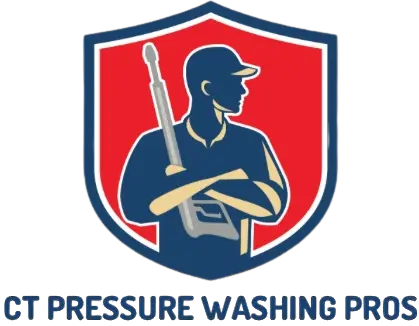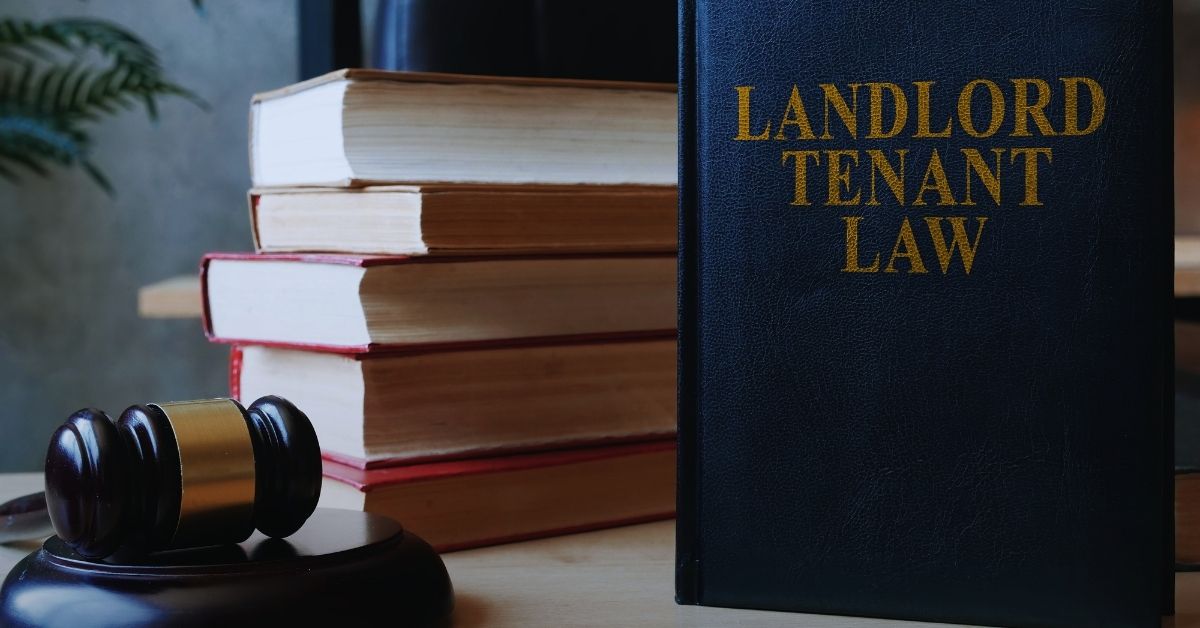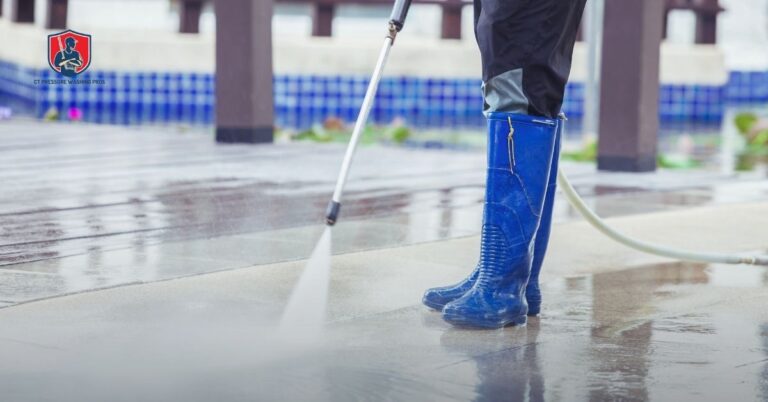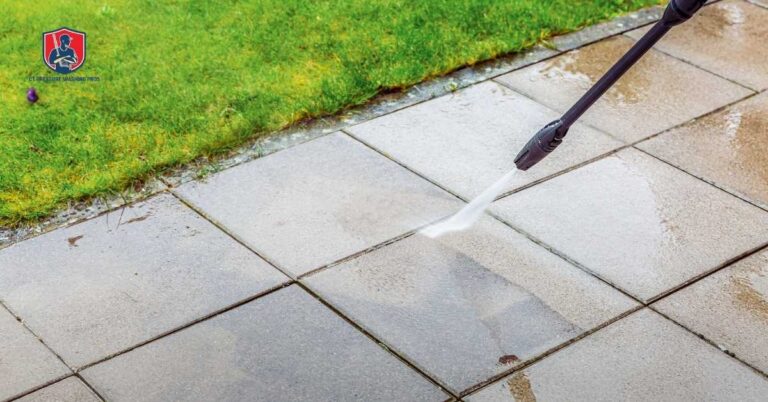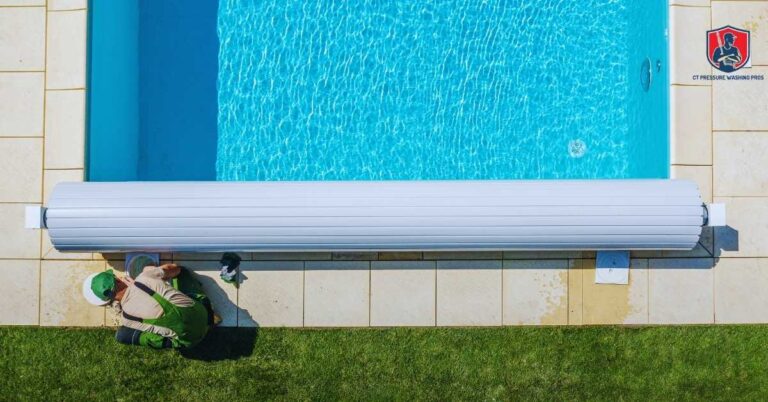Renting a place in Connecticut means more than just paying the rent—it means keeping it clean, too. And that’s not just a polite request. It’s the law.
Connecticut has clear rules regarding tenants’ actions to maintain safety and livability. If you ignore them, you could lose part of your security deposit or even face eviction. Think of it like this: if the landlord provides the roof, you’re expected to keep what’s under it in decent shape.
But what exactly does “clean” mean by law? Is taking out the trash enough? What about mold, pests, or messy roommates?
This guide breaks it all down—what you’re legally responsible for, what your landlord’s job is, and how to protect yourself if things go sideways. Whether you’re new to renting or have been at it for years, knowing your rights and responsibilities keeps you out of trouble and your home in good shape.
Let’s get into it.
Table of Contents
Tenant Rights and Responsibilities for Cleaning in Connecticut
It’s easy to think cleaning is just about being tidy, but in Connecticut, tenants have legal responsibilities tied to it. You can’t skip it. You can’t guess your way through it. The state expects every renter to help keep their home safe and livable, not just for comfort, but by law.
Legal Basis for Tenant Cleaning Obligations
Let’s start with the law itself: Connecticut General Statutes § 47a-11. It says tenants must “keep the part of the premises that they occupy and use as clean and safe as the condition of the premises permits.” That might sound vague, but it’s a real legal requirement.
What does that mean in everyday life? You’re expected to clean up after yourself, prevent trash from piling up, and avoid doing anything that could lead to health or safety risks.
Local housing codes add more context. For example, some towns require tenants to clean bathroom vents regularly or remove food waste daily. The goal is simple—don’t let your mess become a problem for your neighbors, your landlord, or yourself.
Core Responsibilities Tenants Must Fulfill
So, what are you actually expected to do? Here’s a breakdown:
- Interior upkeep
Keep your floors swept, windows wiped down, and appliances clean. If something spills, clean it up. This isn’t just about looks—it’s about avoiding damage and long-term issues. - Trash disposal
You need to remove garbage often and use the bins correctly. Leaving it to pile up attracts pests and could violate health codes. - Avoiding safety hazards
Don’t block doors, stairs, or hallways. Dry moisture from spills or leaks quickly to prevent mold or slips. - Pest prevention
Keep food sealed and your kitchen clean. If you see bugs or rodents, report them early. Waiting only makes it worse, and it could land the blame on you.
You’re not expected to do heavy maintenance, but daily upkeep is part of your legal responsibility.
Tenant Rights Related to Cleaning
It’s not all on your shoulders. Connecticut law gives tenants a few important rights, too.
- You have the right to move into a clean, livable unit.
If the place is dirty when you move in, report it right away. Take photos. Don’t let someone else’s mess become your problem. - You’re not responsible for things outside your control.
Mold from a roof leak? A backed-up drain? That’s on the landlord. You’re only expected to clean what you can reasonably manage. - You have the right to clear cleaning terms in your lease.
If the lease says you need to deep clean carpets, it must be spelled out. If it doesn’t, you’re not on the hook for it. - You can dispute unfair charges.
If part of your security deposit is taken for cleaning, ask for an itemized receipt. If it doesn’t match reality, you can challenge it.
Move-In and Move-Out Cleaning Requirements
This part matters if you want your security deposit back.
- At move-in, the landlord must hand over a reasonably clean place. If it’s not, document it. Take photos, make a checklist, and send a dated email to the landlord.
- At move-out, you’re expected to return the home in the same clean condition, minus normal wear and tear. Don’t worry about a faded carpet or a few nail holes. But don’t leave behind grease, trash, or grime either.
- Security deposits can be docked for excessive mess.
If your landlord has to hire a cleaning crew to remove sticky kitchen spills or mildew in the shower, you’ll probably see a charge. But it has to be fair and backed by receipts.
What Tenants Are Not Responsible For
Here’s what’s not your job:
- Major structural cleaning like siding, roofing, gutters, or outside mold removal.
- Shared spaces in apartment buildings—unless you caused a mess. Common hallways, laundry rooms, or entryways are usually the landlord’s job.
- Fixing deep maintenance issues like mold behind walls, water damage from faulty pipes, or long-term grime from poor upkeep before you moved in.
If your landlord tries to push these onto you, it’s okay to push back, with proof.
Consequences for Not Meeting Cleaning Responsibilities
Skipping your cleaning duties as a tenant can backfire fast. It’s not just about a messy apartment; it’s about legal notices, lost money, and future headaches. Let me explain.
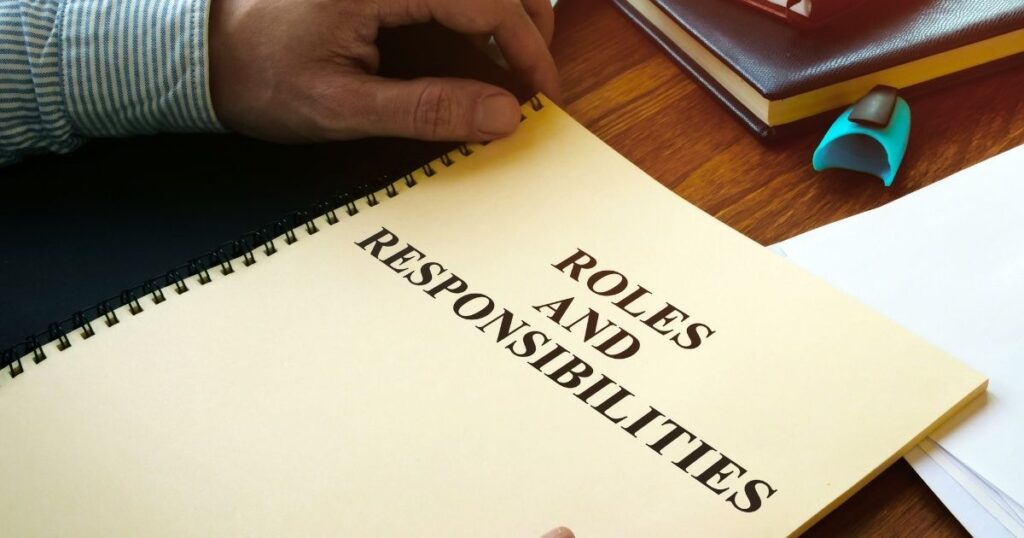
1. You Could Violate Your Lease
A dirty or unsafe unit violates most rental agreements’ “keep it clean and safe” clause. Landlords usually start by giving a warning or written notice to fix the problem. Ignore it, and you may face lease termination or even eviction, especially if your mess causes damage or affects others.
2. You Might Lose Your Security Deposit
When tenants leave behind grime, grease, or trash, landlords can deduct cleaning costs from the security deposit. If they need to hire a crew or replace stained carpet, you’ll likely pay for it. But they must show proof—always ask for an itemized list and receipts if you’re charged.
3. You Could Be Held Financially Responsible for Damage
Dirt alone might not cost much, but what it leads to can. A neglected leak could grow mold. Food waste might attract pests. These problems can damage walls, plumbing, or floors. If that happens, you’re not just getting billed for cleaning—you’re paying for repairs, too.
4. Health Officials Could Get Involved
If conditions are bad enough—think roaches, strong odors, or mildew—your neighbors might file a complaint. The health department could step in, opening the door to inspections, formal warnings, and possible legal action. And yes, that will be tied to your name and rental history.
5. Future Rentals May Be Harder to Get
If you’re evicted or flagged for poor unit conditions, that record can appear on tenant screening reports. Landlords check those reports before approving new applications. A history of leaving places dirty can be enough to get denied, even if you’ve always paid rent on time.
So read on—keeping your space clean protects more than just your current home. It keeps your money in your pocket and your rental record clean for the next place you call home.
How to Stay Compliant with Cleaning Laws as a Tenant
Knowing your responsibilities is one thing—sticking to them is what matters. The good news? Staying on the right side of cleaning laws doesn’t have to be hard. Here’s how to make it part of your routine without the stress.
1. Stick to a Simple Cleaning Schedule
You don’t need to scrub daily, but basic routines go a long way. Wipe down surfaces weekly. Take out the trash before it piles up. Clean spills fast. Set reminders if needed—treat it like brushing your teeth, not spring cleaning.
2. Document Everything from Day One
Take clear, time-stamped photos of your space the day you move in. Do the same when you leave. If a repair or cleanup issue pops up mid-lease, snap photos and email your landlord. This simple habit can protect your deposit and your name.
3. Know What’s in Your Lease
Your lease should spell out specific cleaning duties—like carpet shampooing, appliance care, or trash handling. Read it early, not after a problem shows up. If anything’s unclear, ask your landlord or property manager before it becomes an issue.
4. Speak Up Early About Maintenance Issues
If you see mold, a leak, or signs of pests, don’t wait. Tell your landlord right away. You’re responsible for basic cleanliness, not repairs. But delays can shift the blame onto you, even if you didn’t cause the problem.
5. Don’t Rely on “Common Sense” Alone
What seems fine to you might break housing codes or violate the lease. For example, leaving trash outside your door overnight might feel normal, but in some places, it’s a code violation. If you’re unsure, ask. A quick question now can save you hundreds later.
So read on—these small habits help you stay protected, avoid disputes, and keep your rental record clean. Cleaning might not be fun, but it’s one of the easiest ways to stay compliant and stress-free as a tenant.
Conclusion
Being a tenant comes with a lot of freedom, but also responsibility. Cleaning might feel small in the big picture of renting, but it’s often where problems start or trust breaks down. The real win isn’t just following the law—it’s building a track record as someone who respects where they live.
Here’s the part most renters miss: how you care for one unit sets the tone for the next. Landlords talk. Rental records follow you. And those little habits—taking photos, cleaning regularly, and speaking up early—can be why your next application gets approved fast or tossed aside.
So, before you move in or out, or even before you wipe down the counters tonight, remember how you treat your space today, which shapes your rental future tomorrow.
And that’s something worth staying on top of.
